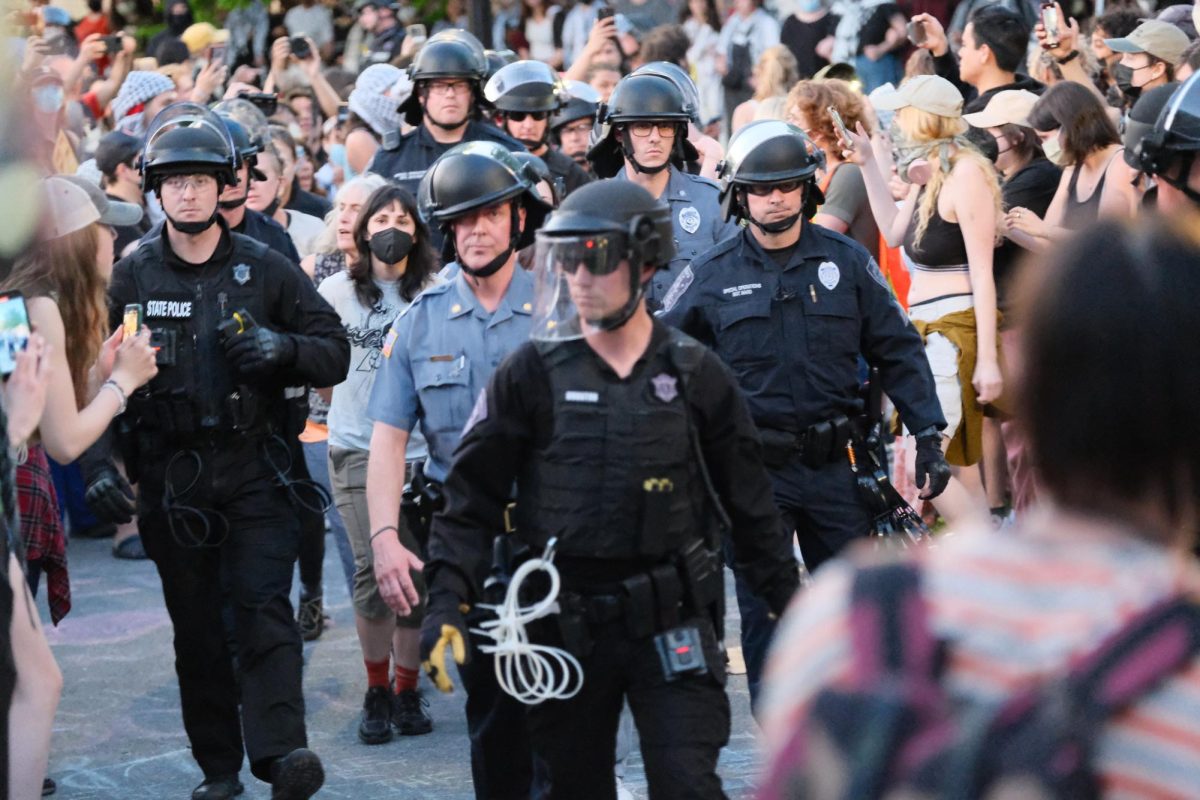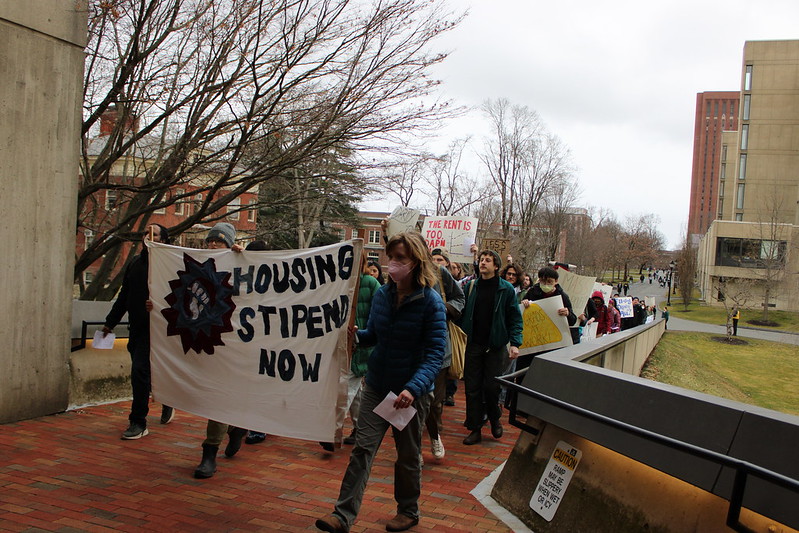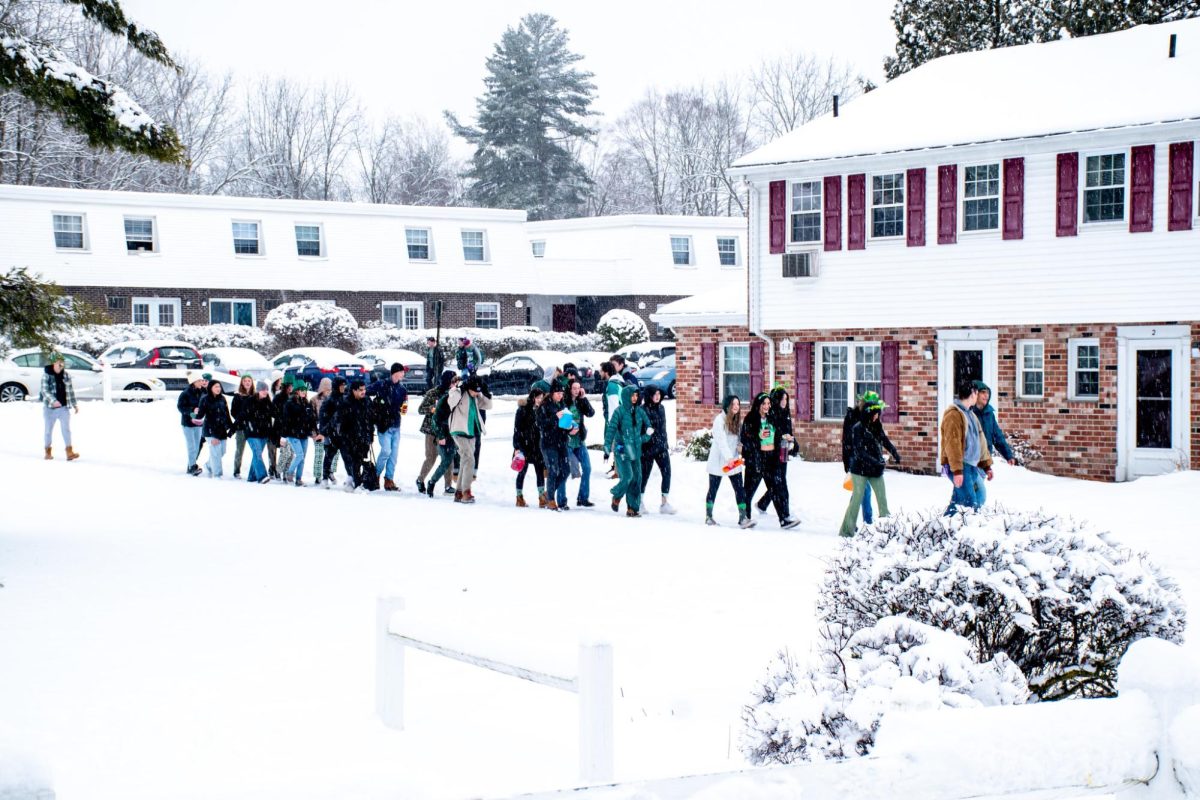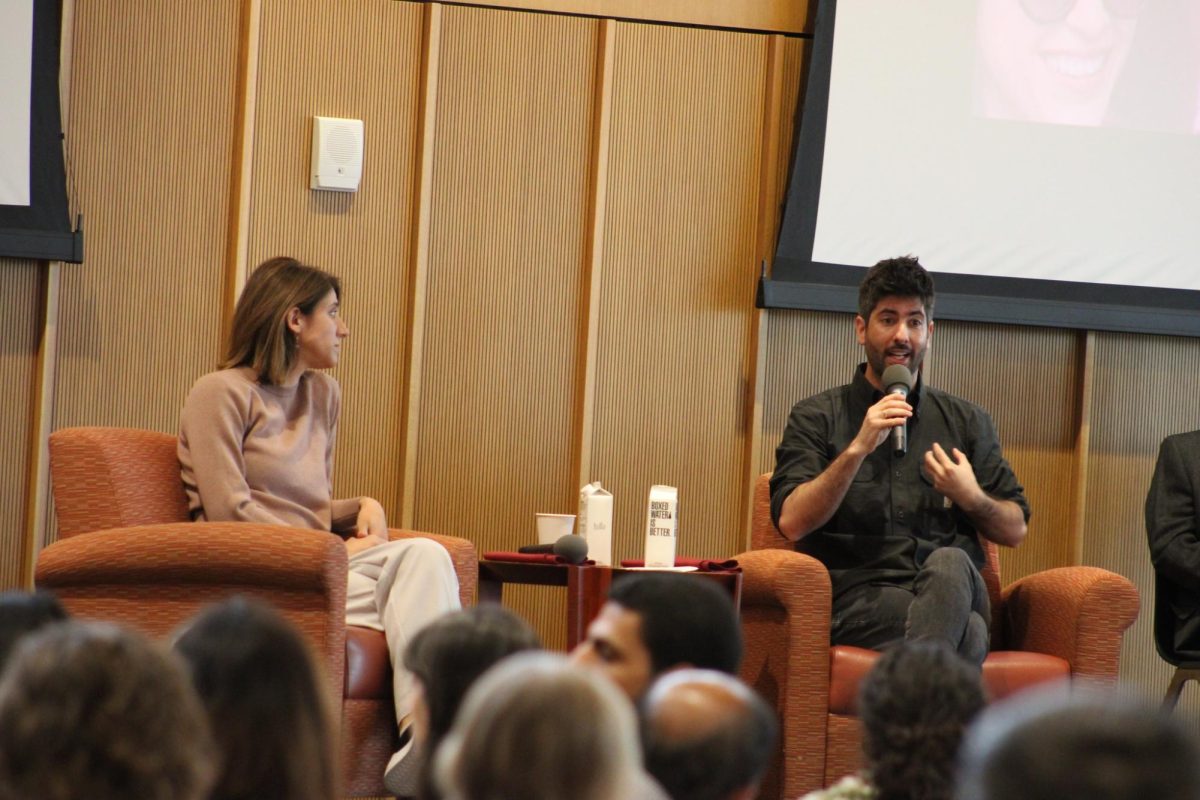On Thursday, Feb. 29 the University of Massachusetts’ Informational Technology department hosted a “Disabled Student Experience Panel” over Zoom, featuring three disabled students and the challenges, strategies and community resources that have helped, or hindered, their time on campus.
The panel was part of the third annual Digital Equity & Inclusion Week, which featured a series of events to teach members of the campus community about inclusivity and accessibility initiatives at UMass.
Hosts included Samm Nelson, digital accessibility and assistive technology specialist at the Assistive Technology Center (ATC), and Rachel Adams, assistant director of disability services and academic access.
“Disability is not a static experience, it’s very much changing moment to moment, and even day to day,” Adams said, referring to what she calls the “fluid nature of disability,” and suggested that assistive technology is paramount to access and inclusion.
Jem Patrick, a junior double major in assistive technology and psychology, who works at the ATC, said, “What’s helpful one day might not be useful the next . . . I use a lot of different assistive tech.”
When Nelson asked the group how they stay atop the myriad of technologies that are shifting, all three student panelists said they rely on themselves and their social networks to discover, learn and integrate assistive technologies.
“If you want people to know one thing about what it’s like: bad news, you’re on your own,” said senior CICS major Jenny T, who requested a name change for privacy reasons.
While community is important, not everyone has the same access to it, and overreliance on social networks or word of mouth can create immense barriers for some.
“I feel personally very isolated,” Jenny added. “As a student with a disability at UMass I don’t have a sense of community here. And I don’t feel like there are people who can share my experience . . . I feel like I am not adequately supported. I don’t think I matter to UMass. I know I don’t matter.”
Senior music education major Sarah Dorey also expressed feelings of isolation during her first semester.
“I was very fortunate that I had a neighbor who lived right across the hall from me who was going through similar things . . . and so we were kind of just pushing through together,” Dorey said.
Dorey lives in a Defined Residential Community for students with disabilities. Her new connections introduced her to the Disability Culture Club (DCC), where she learned about resources she had not heard of.
“I’m really privileged to have found them,” Dorey said.
Despite their variety of experiences, the student panelists said that remote access to classes was the most important accessibility tool. For Dorey, remote access through her tablet is her most important tool.
In addition to remote learning options for smaller courses, recording lectures, slides and notes for larger classes, flexible and virtual testing environments and faculty understanding were named as critical tools for students.
“When my body wasn’t so stressed, I felt like I could focus, and learned and retained so much more information,” Jenny said. “Those were my favorite classes and they served me so well.”
Adams said UMass needs more faculty on board to navigate the inconsistent expectations across departments, which tend to be “siloed off from one another.”
Jenny added that students are expected to learn between seven and 10 different platforms in a short amount of time. “Sometimes we don’t even know about what platforms that they want us to use until the first day of classes,” they said. “In a way, it can be good to be pushed out of your comfort zone … but in another way, it’s kind of an additional stressor on your capacity to learn.” They recommended a balance between academic freedom and uniformity in the technologies used.
Strict attendance policies can place pressure on students and faculty to attend classes while sick, which can be nerve-wracking for Dorey as she is more likely to be sick for longer and miss more days than other students.
When Adams asked how the students utilize or engage with the disability community at large to navigate academic needs on campus, the students were torn.
“In some spaces, disability is something that people are really loud and proud about and it’s an identity that they wear with a lot of joy . . . but if folks don’t have that kind of socialization, a lot of times disability is associated with things like a deficit or a stigma,” Adams said.
“Honestly, I don’t think I would still be a student here if I hadn’t discovered the disabled community on this campus,” Dorey said. “We’re all just discovering things about ourselves and how to accommodate ourselves and accept ourselves as we are.”
Patrick, who is now the treasurer of the DCC for their second year, said, “[The disability community on campus is] where I get encouragement to actually respect my limits … as well as where I get support when I need it.”
Patrick found the DCC on the UMass list of clubs and got involved early in their experience, “which is around where I was first coming to terms with being disabled.” They watched the club grow from around five students to a more robust community, and said they found most of their friends and mentors through the disabled communities on campus.
Jenny, on the other hand, had a different experience. “It’s like an invisible identity I feel on campus,” they said.
They also noted that they have given up on trying to find an on-campus community. “My focus right now is to get through this, to the extent that I can, and just move on, and get to the next point in my life.”
The students also spoke about the lack of communication from administration, the difficulty around disseminating information, the lack of exposure to existing resources and the difficulty of navigating University bureaucracy.
“It’s exhausting. Being disabled is exhausting,” Dorey said. Traveling across campus takes her 2-3 times as long as the average student, with “accessible” entrances in many of the older buildings on campus often out of the way.
“I just don’t have enough time in my day to get everything done and get all my assignments in,” she said. “So I am sacrificing my sleep, and it’s just … it’s exhausting and it builds up over time.”
Nelson initiated the Digital Equity and Inclusion week because students wished they knew about the ATC earlier.
“We’re really trying and missing at bridging these gaps between students who need these resources and the resources [themselves],” Nelson said.
Despite their conversations on the difficulties disabled students face with accessible technologies, the students shared a variety of resources, including the document conversion service Kurzweil, accessible van service and a thorough Disability-Focused Resources master document created by students in DCC.
Ultimately, getting involved with disability groups on campus, as well as the ATC, is the primary way students on the panel gained greater access to the resources they needed.
“From there, it becomes a lot easier to find the other resources on campus and in the area,” Patrick said.
Story Young can be reached at [email protected].




















Samm Nelson • Mar 6, 2024 at 11:39 am
Thank you for writing this and attending. It is so important to keep these conversations at the forefront of our campus.